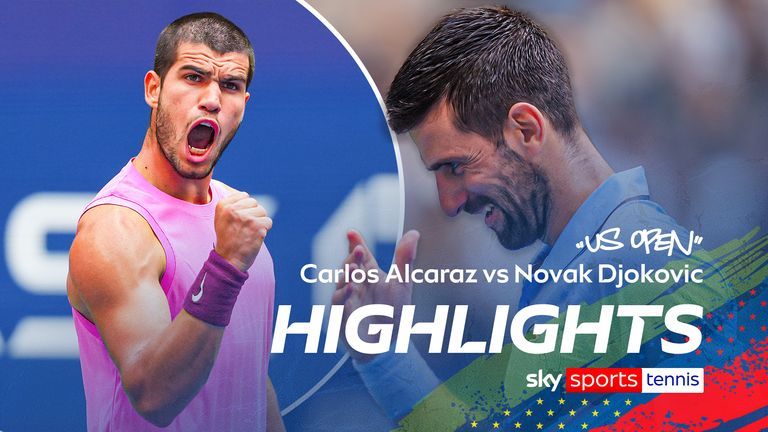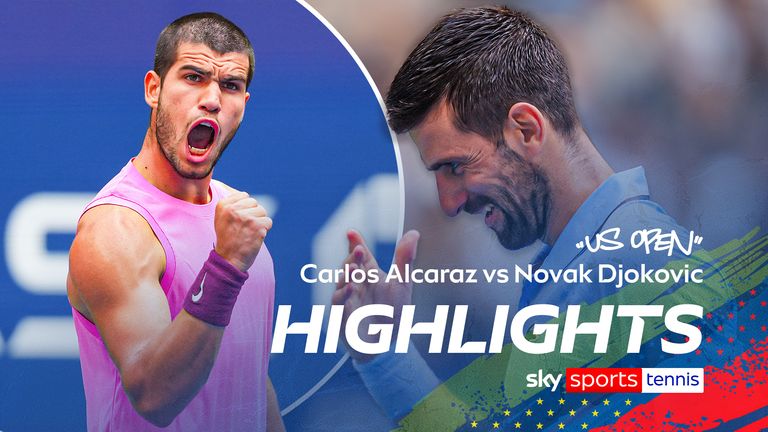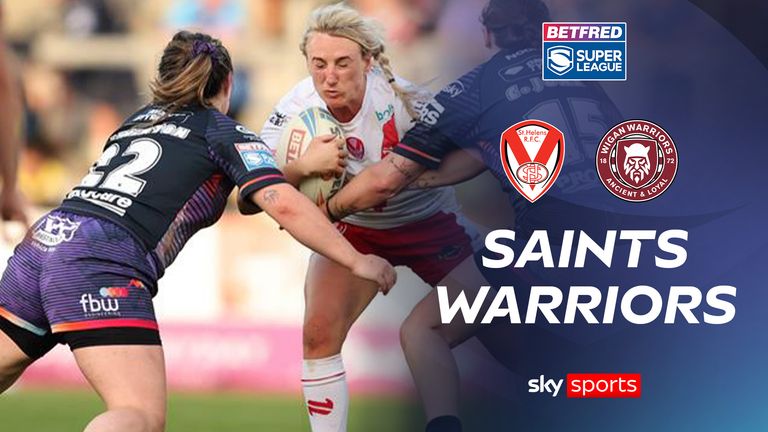In this exclusive interview with Sky Sports, Estoril head coach Vasco Seabra discusses taking the club to their first cup final in 80 years, what he learned from working with Liverpool’s Diogo Jota and why Jose Mourinho is his inspiration…
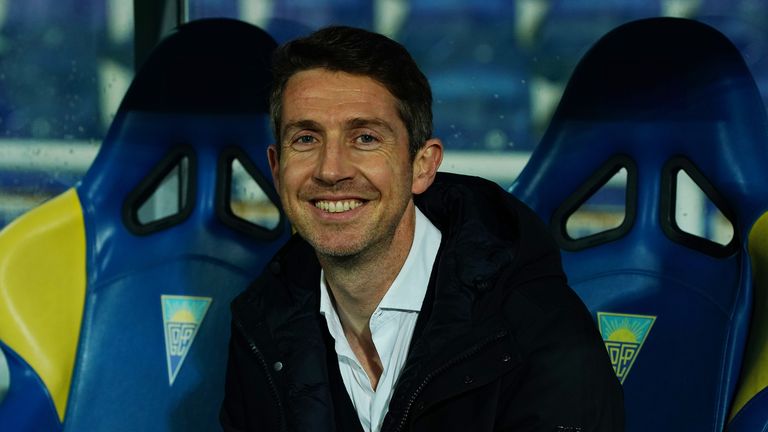
Image: Vasco Seabra of GD Estoril Praia discusses his football philosophy as he tries to succeed with his young team in Portugal
Earlier this season, Vasco Seabra led Estoril to their first cup final in 80 years. Cruelly, they were denied in a penalty shootout by Braga. But it was a special moment for a modest club. Particularly given that this is the second-youngest team in Portugal.
“And our goalkeeper is 34,” Seabra tells Sky Sports.
This is something of a second coming for Seabra, now 40, given that he was managing in the top division at just 33. “I was so young.” He kept Pacos de Ferreira up but tough times followed. Rejuvenation at Estoril took time. He regards himself as much improved.
It made him a better coach.
“When I was down, that was an important moment. You have to think about it and be ready for the next challenge but in that moment, it was really difficult to understand what had happened. Now, I am more confident with my idea, with my technical staff.
“At that time, I was not able to understand the players. In this moment, while we are always trying to be better, improving the players, we are looking at them as human beings as well. They are people and you need to be ready to help them as people.
“They need to feel that the coach understands them. I am able to lead them now with more empathy. They are thinking of the media, of their family, of their agents, of the fans. You need to understand that and make them comfortable so that they can give their best.
“When you can understand their difficulties, you can help them.”
Expectations at Estoril are not so high. Not cup final high. “That was a great moment for the club but sometimes we are up and sometimes we are a little bit down. We have a lot of young talent so our job is to work with them. We have some really good players.”
Too good, perhaps. Koba Koindredi left for Sporting in the winter transfer window. “We miss him.” Joao Marques has already agreed a deal with cup conquerors Braga. “A lot of players are being linked with big clubs,” says Seabra. He has no choice but to embrace it.
“I really enjoy it. Of course, we always want to have the best players with us and we never want to lose them. But it is really important for me and for them. Seeing them grow up and go to big clubs is important for us. I am really happy for them.”
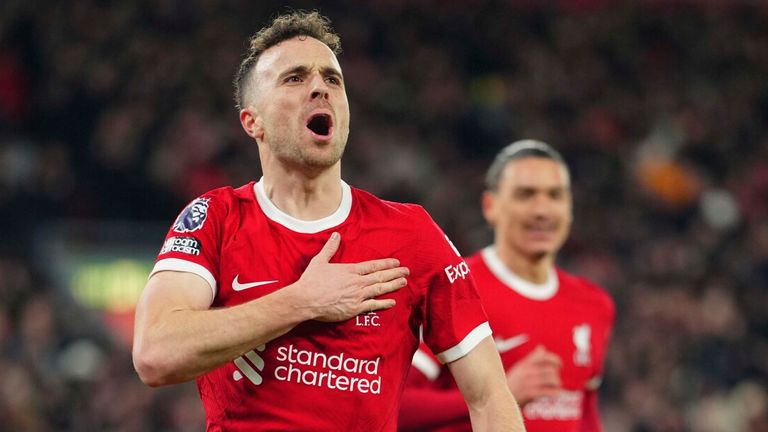
Image: Diogo Jota's attitude is a key part of his success in reaching Liverpool
Seabra is used to this mindset. He has followed the career of Liverpool forward Diogo Jota since working with him at Pacos de Ferreira. “I wish every one of my players could achieve what he has achieved.” That is not possible. And Seabra has a theory as to why.
“You would think that the really good players would not listen when told to receive the ball in here or try to be better at that. You might think that they are so good that you can let them play. It is the opposite. The best players are humble and want to learn.
“It is his character. Diogo is an amazing person. I am not even talking about him as a player because he is obviously amazing. But as a person. He is really competitive and honest with his work. He always challenges himself to be better and better.
“For him, it is never enough. He is always trying to improve. At that time, if you had asked me whether I would have expected him to be on this stage, I have to admit that it was difficult to expect this. But doing what he is doing with Liverpool is amazing.
“I remember sending an email to our national team under-19 coach with a report on Diogo telling them that he could play for them. The head coach came to see him. That was a big moment for him because he was not in one of the famous academies.”
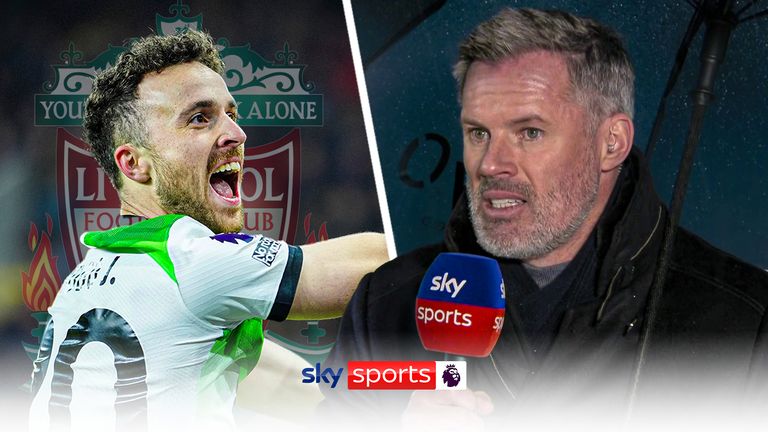
Jamie Carragher says Diogo Jota is a better finisher than Fernando Torres and Luis Suarez
Seabra visited Jota at Liverpool during his time out of the game, speaking to the coaching staff behind the scenes there. “I visited Arsenal and Manchester City too. I went to Brazil, to the Netherlands, to Spain. I talked with Michel at Girona, who is an amazing coach.”
Who are his inspirations?
“When I was at university, it was the time when Jose Mourinho exploded at Porto. That was an inspirational moment for Portuguese people. Emotionally, he was very important for us. He was always trying to make an emotional difference with the players.
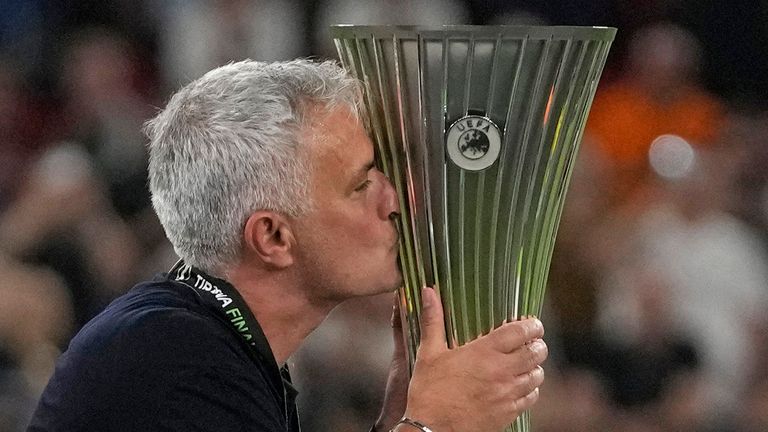
Image: Jose Mourinho's early-career success made him an inspiration in Portugal
“Other coaches are really important in terms of the game. For example, Paulo Fonseca. I worked with him when I was in the academy and he was in the first team. He spoke a lot and I really identified with his ideas, the way he looks at the game.
“And, of course, there are other coaches like Pep Guardiola who are amazing. Always the protagonist, trying to find solutions against different systems. When all the coaches are doing something different, he creates something new. He has an amazing mind.
“Mikel Arteta and Roberto De Zerbi at Brighton, of course. And now there is Xabi Alonso at Bayer Leverkusen. Those are the coaches I really admire. They all have ideas about having the ball and how to destroy the opponent with our movement.”
Estoril want to play a positive game.
“We always try to be the protagonists. We like to have the ball and create chances with our movement. Without the ball, we try to be intense, playing with high pressure, winning it as high as possible. Transition quickly if we can, keep the ball if we cannot.”
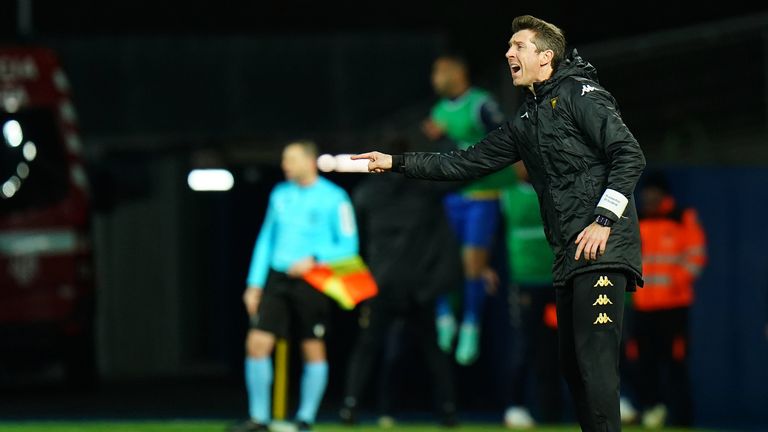
Image: Vasco Seabra's Estoril side reached the final of the Taca da Liga this season
The problem is that it is not so easy, given the disparity in resources.
The average attendance at Benfica this season is north of 57,000 people. In Estoril, a short drive west from the capital, it is under 3,000. Trying to dominate is tricky. “It is really difficult. Sometimes it goes really well. Sometimes it goes really badly!”
Seabra adds: “At Sporting, we lost 5-1. It was a really difficult game for us. We had a really good game with the ball, causing a lot of problems. But we did not finish. When we lost it, they finished. Against Porto, when we beat them, we were able to finish.
“You need courage. Without courage on the ball, against these teams, you are always defending and the players will not be able to show the talent that they have.”
- Download the Sky Sports app | Get Sky Sports on WhatsApp!
Keeping Estoril in the top division while developing players for resale is the challenge for Seabra. But wins home and away against Porto proved some success was possible. “After that, the team believed that they could compete with everybody.”
How does he feel about that cup final defeat now? “It was difficult. But it was an amazing experience. The first final for almost everybody. For me and the players. It was an experience that made us better. We lived it and I think we are happy to have lived it.”
That game in January was an ending of sorts. Players will move on. But the work continues. “Improving the value of players is important to us,” he explains. “That is the idea of the club. This is a platform for players to show themselves to the world.” And coaches too.
Get Sky Sports on WhatsApp!
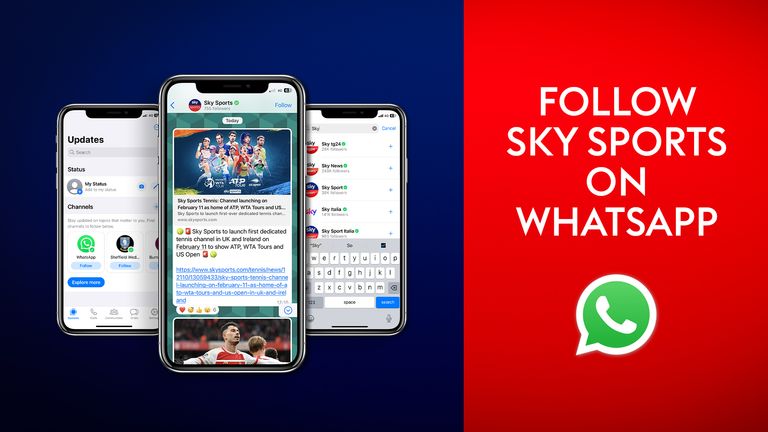
You can now start receiving messages and alerts for the latest breaking sports news, analysis, in-depth features and videos from our dedicated WhatsApp channel!
Find out more here…
Sourse: skysports.com
